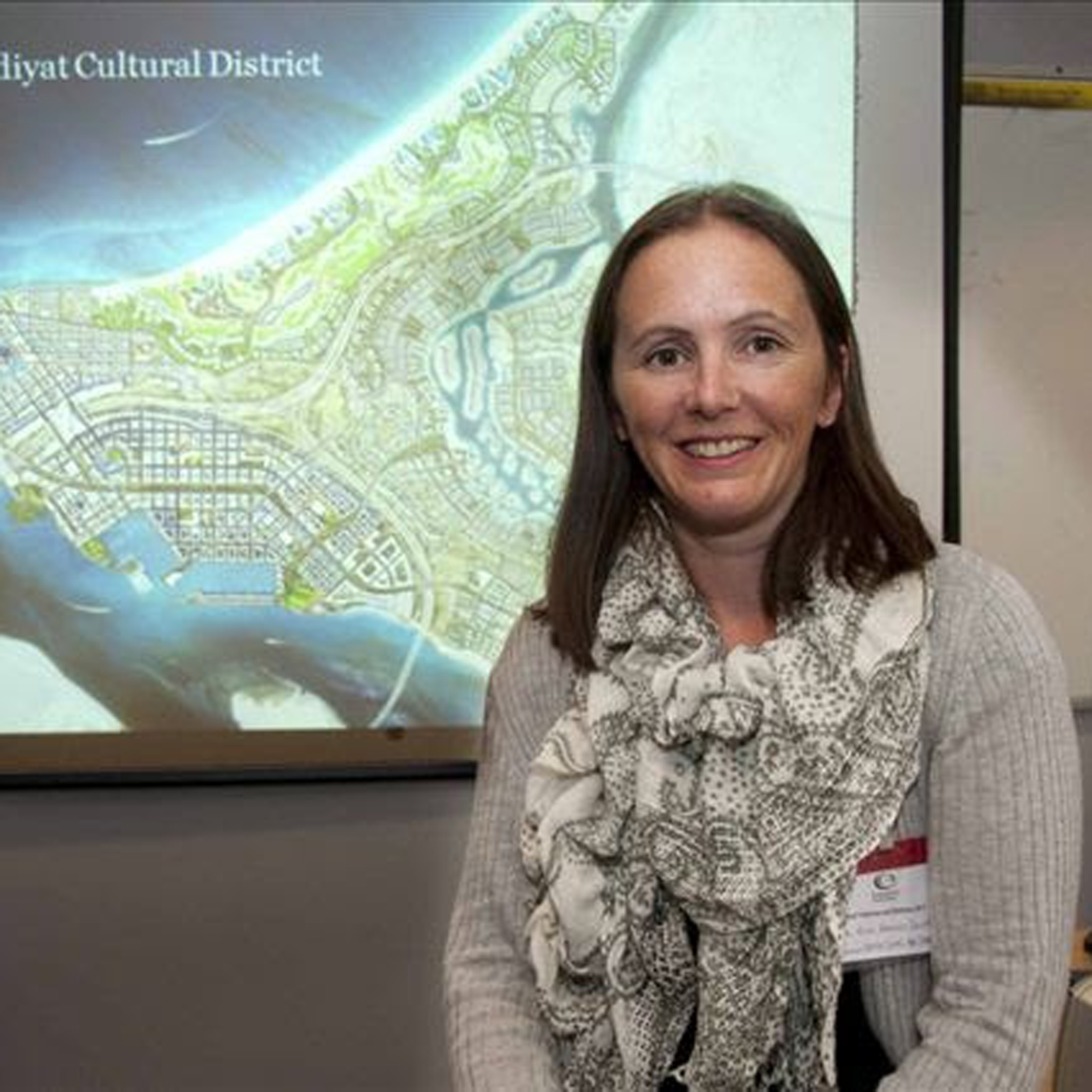What does a career in the sector look like?
A career in transport, utilities or infrastructure companies can often involve using GIS or geospatial technology to design infrastructure developments or data collection and analysis to consider impacts on the environment and local communities. It can also involve public consultation initiatives, negotiating with different parties (e.g. residents' groups, councillors and politicians, developers and transport providers) and taking into account a wide range of issues such as safety, efficiency, climate change, economy and enivronment.
Work can be carried out at local, national or international levels and may include working on projects from the initial idea through to design, completion and review. Many of the large engineering and infrastructure companies are global, providing opportunities to work on international projects and to be deployed beyond the UK.
You will draw on the full breadth of your geographical skills and training ‚Äď from data collection and analysis; report writing and presentations; considering communities and the environment, evaluating the benefits and costs of different strategies, with particular attention to sustainability.
Jobs in both the private and public sectors are available throughout the UK, but the larger consultancy offices tend to be located in, or near to, major cities.
To see real examples of geographers with careers in transport, utilities and infrastructure including how they got there, view our career profiles linked to transport, utilities and infrastructure.
Őż
Owen Powell, Senior Consultant, Arup
"In a typical week I will provide guidance to the team and plan resources on projects, aiming for a balance between skills, project demands and workload.
I also work on projects ranging from environmental impact assessments, or design of major infrastructure such as bridges, tunnels or railways. Usually I will automate analysis or map production with FME software, create 3D visualisations using Blender or Unity, or have a digital lead role on projects.‚ÄĚ

Emma Rawlings Smith, Transport Planning Consultant, AECOM
"Having a geography degree was invaluable. Transferable skills include the ability to carry out desk-based and primary research, report writing and data management…[my role] involves writing consultation materials, reviewing consultation responses to inform detailed design, and supporting council planners to produce high-quality work and meet deadlines."

Laura Fitzgerald, Transport Planning Consultant, Mode Transport Planning
"I use geography everyday in my career, be it spatial planning around transport networks to understanding the impacts of major projects on society (our customers) and natural resources (achieving net zero outcomes). My role is focused on waste so I have conversations about how our teams should be keeping themselves and the environment safe from exposure to hazardous waste."

Webinar: Use geography: careers inŐżtransport, utilities and infrastructure
Watch our webinar on starting careers in the sector, with panellists Natalie Stirrat, Tom Grahamslaw andŐżIrantzu Lexartza Artza.
Advice on getting a job in the sector
A degree with relevant content ‚Äď such as a focus on GIS, environmental management or transport planning ‚Äď is important. A Őżpostgraduate degree can help land a graduate job. are a possible alternative route.
Gaining experience is important to progression, and you can consider searching for roles with SMEs as well as engineering firms, transport service providers or government (for example, the Department for Transport).
Throughout, professional development, mentoring and a willingness to learn are essential to both supporting your career development and building your skills. Professional accreditation is a good option which enables you to demonstrate your expertise while accessing networking and CPD.
Őż
Advice from professional geographers
Laura Fitzgerald, Planning Consultant, Mode Transport Planning
"Academic studies are helpful, but my progress through the industry has been mapped out by the opportunities available within an SME environment. From an early stage in my career, I was attending meetings and being exposed to external clients, teams and the general public‚Ķ. Look into the profession and search for local transport planning consultancies. We regularly get asked for work experience opportunities.‚ÄĚŐż

Emma Rawlings Smith, Transport Planning Consultant, AECOM
"A Level students can choose an accredited planning degree course. If you have already completed a degree then completing a Masters degree in transport planning can provide the necessary qualification to become a graduate transport planner. Think carefully about what aspect of planning to focus on.
Alternatively, if a degree course is not for you, there is now a Level 6 Apprenticeship in Transport Planning‚Ķ I did not take either of these routes, instead I approached my employer directly for my role in transport planning.‚ÄĚ

Owen Powell, Senior Consultant, Arup
"Attend as many webinars and talks as you can, and talk to people on social media. You will be amazed how open people will be if you just ask them a question!
So much of working in geography today involves GIS, which often diverges into scripting, web development, analysis and project management.‚ÄĚ

Image: /Unsplash

